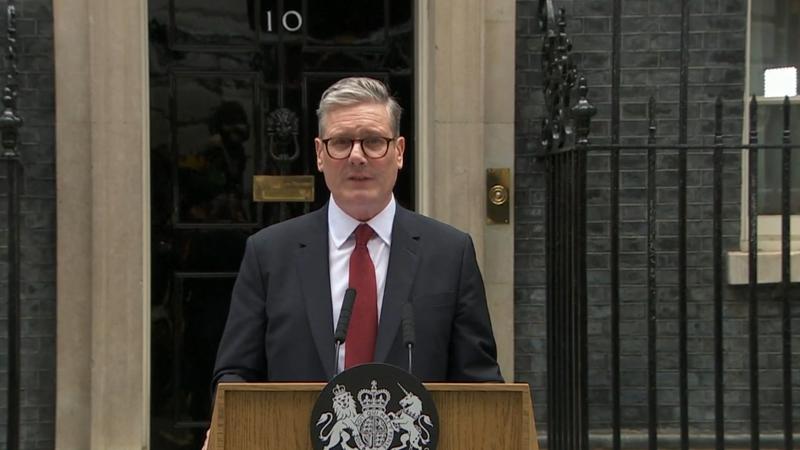Published 12:47 IST, July 10th 2024
UK green fund has risky but valid investor carrots
Britain’s new government on July 9 launched a public-private National Wealth Fund to spur the country’s transition to a green economy.

Green transaction. Rachel Reeves wants investors to eat their greens. Or at least fund them. The new UK finance minister on Tuesday launched what she described as a “National Wealth Fund” (NWF) to speed up the decarbonisation of the economy. The government will provide some money but cap its returns to entice in a bigger chunk of private capital. While that raises the danger that the latter gets too good a deal, it’s a risk worth running.
Britain needs to spend an extra 50 billion pounds a year between 2030 and 2050 to become a low-carbon economy, according to the independent Green Finance Institute. Five days after the Labour Party formed a new government, Reeves suggested a way to help that happen. The NWF will pool public and private capital to invest in sectors like ports, green steel, sustainable hydrogen and gigafactories. The state will inject 7.3 billion pounds so that investments can start straight away, but Labour wants the private sector to contribute three times more than the government over time.
That won’t be easy. Business investment in the UK is already low. At 10.5% of GDP, it ranks 28th among the 31 countries in the Organisation for Economic Co-operation and Development, per the Institute for Public Policy Research. And the industries targeted by the new fund are hard to invest in due to uncertainty over returns, prices and demand for products that aren’t guaranteed to succeed.

The taskforce behind the NWF acknowledges as much in its recommendations. The group, which includes former Bank of England Governor Mark Carney, Barclays CEO C.S. Venkatakrishnan and Aviva boss Amanda Blanc, suggests familiar remedies to entice private funds. They say the government should be liable for the first tranche of losses on debt investments and target a rate of return below the market average, leaving outside investors with more of the upside. That’s similar to what the United Arab Emirates proposed when it launched a $30 billion fund to finance the worldwide energy transition.
Reeves has to strike a careful balance, though. The taskforce says the NWF “should not be loss-making” and return as much as long-term government bonds while making more than that on riskier investments where it deploys equity. The risk is that the private sector gets too generous a return of its own, especially if the UK taxpayer subsidises transition projects that might have happened anyway.
Still, Reeves has to start somewhere. Foreign investors like BlackRock, TPG and Brookfield Asset Management – which Carney chairs – are all working with the UAE fund and need a reason to deploy capital in Britain. If the upshot is a stream of overseas cash to finance green projects that wouldn’t otherwise happen, the National Wealth Fund will start to justify its name.
Context News
Britain’s new government on July 9 launched a public-private National Wealth Fund to spur the country’s transition to a green economy. The fund will receive 7.3 billion pounds of state money so investments in areas such as ports, hydrogen and steel can start immediately, UK finance minister Rachel Reeves said. The fund will aim to attract private capital equal to three times the level of public funds.
Updated 12:47 IST, July 10th 2024
